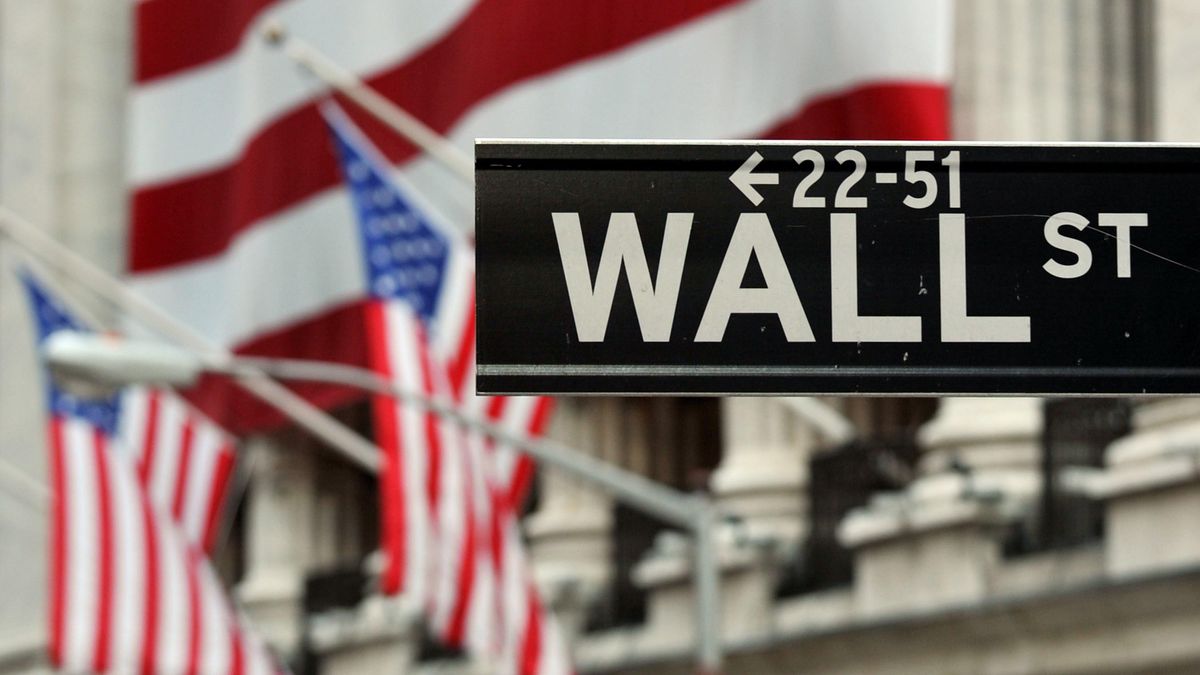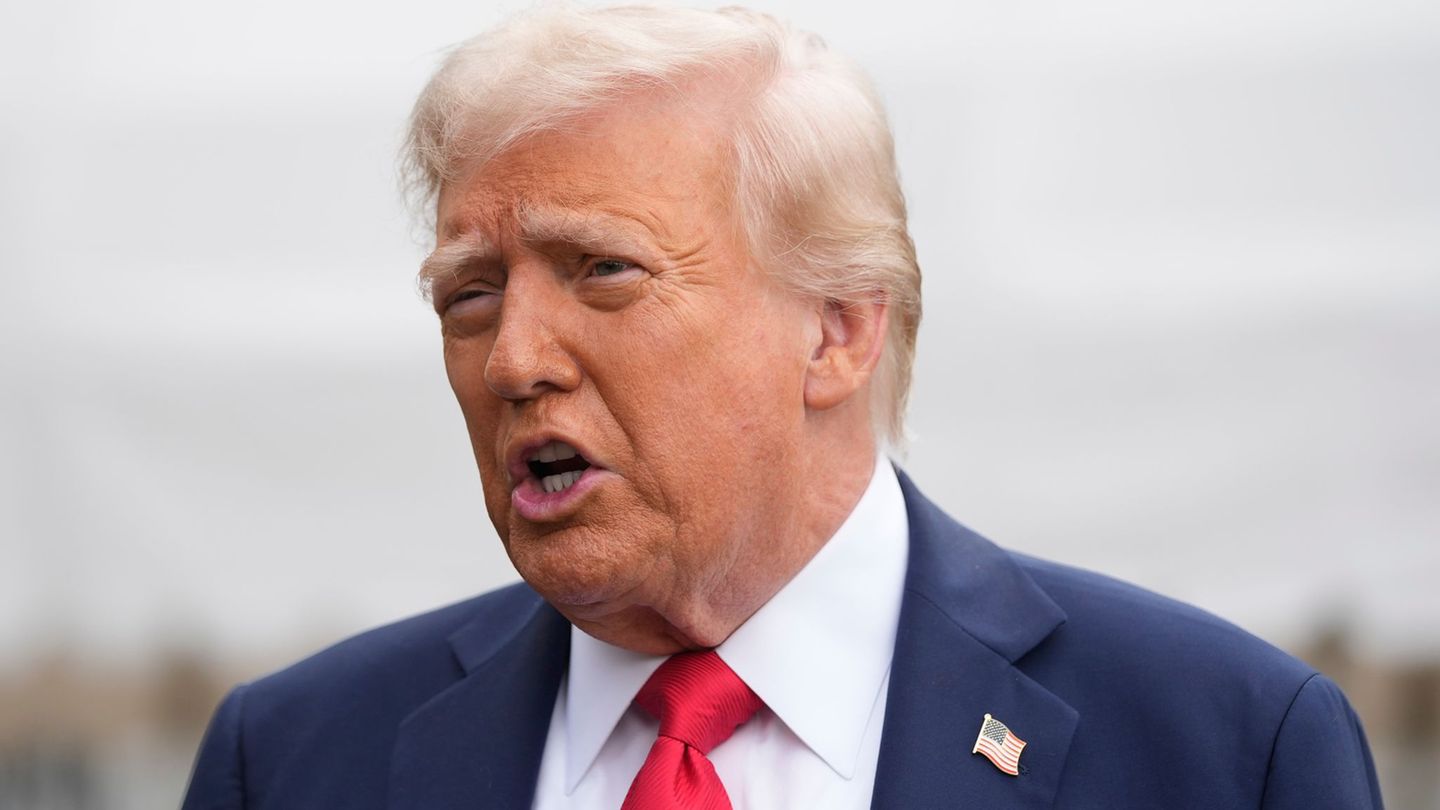In the Buenos Aires stock market, meanwhile, the leading index S&P Merval closed with down 2.4%, to 88,634.32 points, adjusting to the crashes of the ADRs, consummated on Wednesday when the local market did not operate due to a national holiday.
Doubts about the future of the local economy, despite the agreement with the International Monetary Fund (IMF), in the midst of rising inflation that could exceed 65% this year and tensions in the government coalition, create a cloak of caution among investors.
“Even when (local assets) are displaced to the background within the global ‘risk-off’ climate, the continuous political tensions and local economic uncertainty do not contribute either, where the revision of the goals with the IMF together with the greater recent monetary issue only accentuate investors’ concerns about the dynamics of imbalances”, said Gustavo Ber, economist at Estudio Ber.
Argentina and the IMF are making “good progress” in the first revision of the agreement and the established objectives remain unchanged, said a spokesman for the organization.
Global inflationary pressure hits economies due to fears of lower activity, without ruling out a recession, a scenario that is aggravated by the war in Ukraine and the resurgence of COVID in China. This Thursday, the Dow Jones thus yielded 0.8%, the technological Nasdaq 0.3% and the S&P 500 0.6%.
Country risk and bonds
The Argentine country risk approached 2,000 points, although on closing it erased the rise that it showed during almost the entire day and closed with a slight drop, in the midst of a volatile wheel, and with investors’ doubts about the short-term luck of the local economy.
The index that measures JP.Morgan banking fell 0.4% to 1,944 basis points, after reaching 1,972 points at the beginning of the day, the highest since the beginning of last March (when it reached 1,991 points intraday).
Faced with this scenario, sovereign bonds denominated in dollars closed mixed, after firm initial declines. The most outstanding raises were scored by the Global 2046 (+3.9%); and Global 2041 (+1.1%), while the most pronounced falls were carried out by Global 2029 (-2.5%); Bonar 2029 (-1.4%); and Global 2038 (-1.4%).
“Fears of recession and high inflation continue to undermine market confidence, impacting global stock markets (…) The fixed income segment is not going through a good time and this has an impact on country risk”, commented from Cohen.
In the segment of pesos, meanwhile, the titles tied to inflation (CER) ended with the majority of increases, led by the DIP0 (+1.6%); and the Boncer 2023 (+0.5%). On the other hand, the losses were headed by the Quasipar (-3.5%).
Source: Ambito
David William is a talented author who has made a name for himself in the world of writing. He is a professional author who writes on a wide range of topics, from general interest to opinion news. David is currently working as a writer at 24 hours worlds where he brings his unique perspective and in-depth research to his articles, making them both informative and engaging.




